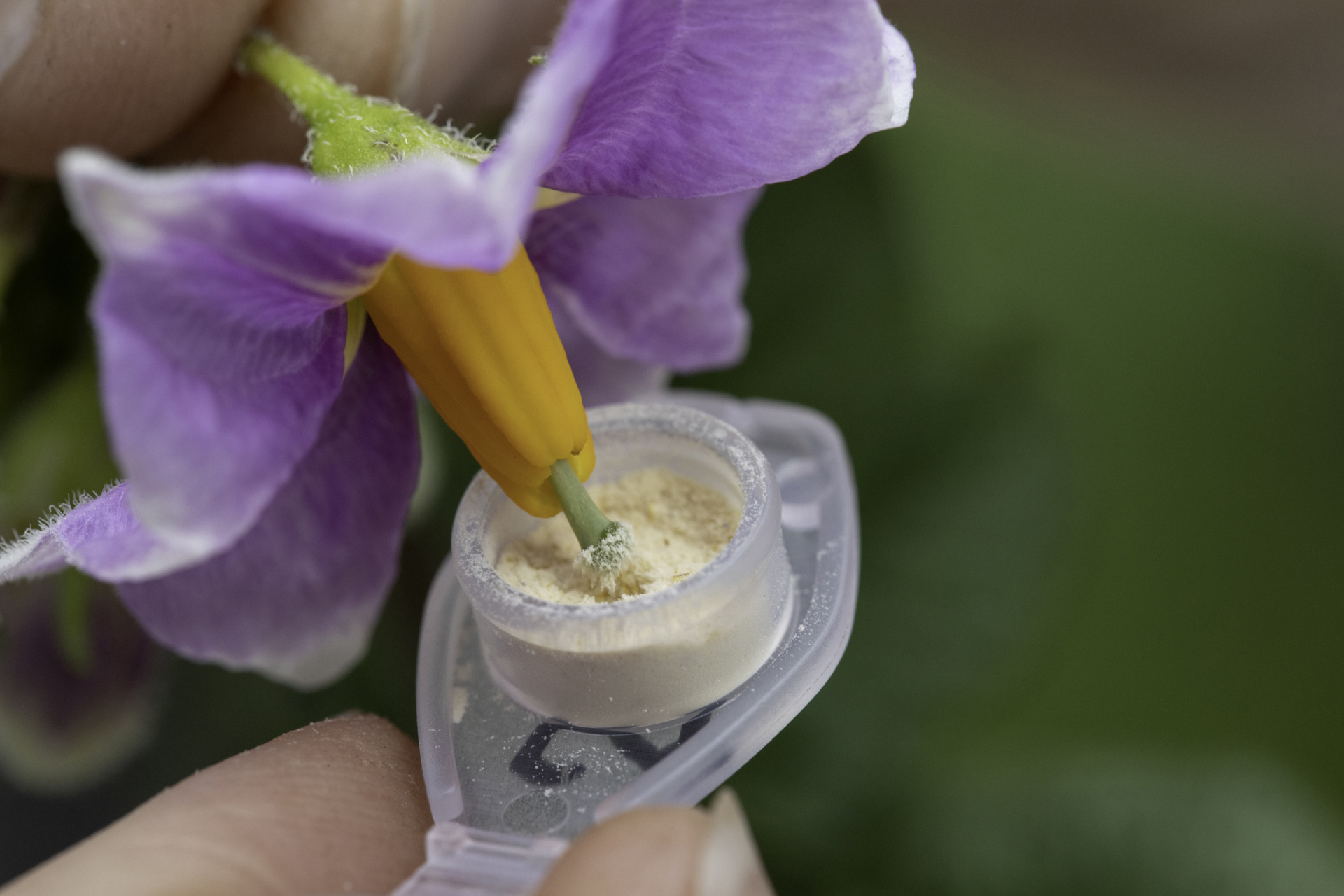Publications
Agrico Research

Confidentiality in breeding
Agrico invests a great deal into research and development every year. We believe that transparency for our members is extremely important, but we also bear the interests of our growers in mind, and this sometimes requires confidentiality. This results in an ongoing dilemma.
Sharing knowledge
Growing new varieties is a lengthy process during which a lot of new knowledge and breeding material is gathered. It is extremely important to protect this knowledge. Information obtained from years of research is sometimes easily given away. Confidentiality therefore plays an important ongoing role in the world of research and development. Confidentiality is reflected in every agreement with our employees, affiliated growers and cooperation partners.
With respect to collaborations with public institutions, these will always be of a temporary nature because the institutions will have to publicize the information at a certain point in time. Competitors can then benefit from this. While it’s true that these competitors lag behind, the lengthy nature of the potato breeding process means that this will not quickly be experienced as a problem. Because we wish to protect the interests of our members, Agrico is very reluctant to inform members about developments in the search for new varieties. Agrico's management, Executive Board and Supervisory Board are aware at all times of the research and development work being undertaken, and have a monitoring role on behalf of the members.
Research in several areas
Agrico Research continuously works behind the scenes on innovation and the development of new varieties. A lot of our research is ultimately aimed at discovering new properties in potato genetic material from wild potato varieties, primitive cultivated varieties, landraces and commercial varieties on the market. Primitive material in particular can provide a lot of new information, but at the same time, using this information in new varieties is a long and complicated process.
In addition, Agrico Research is continuously investigating the possibilities for improving the speed and effectiveness of potato breeding. We make ongoing efforts to ensure that a larger number of offspring contain a favorable gene combination, and to recognize the most promising offspring with greater precision in younger generations. These new types of selection method almost always make use of modern DNA technologies and techniques.
Finally, we also look at the existing portfolio and determine ways of generating added value with the current commercial varieties. Agrico is involved in various research projects to improve the control of bacterial diseases. After all, it is not realistic to think that this problem can be solved entirely by breeding potato varieties resistant to these bacterial diseases.
